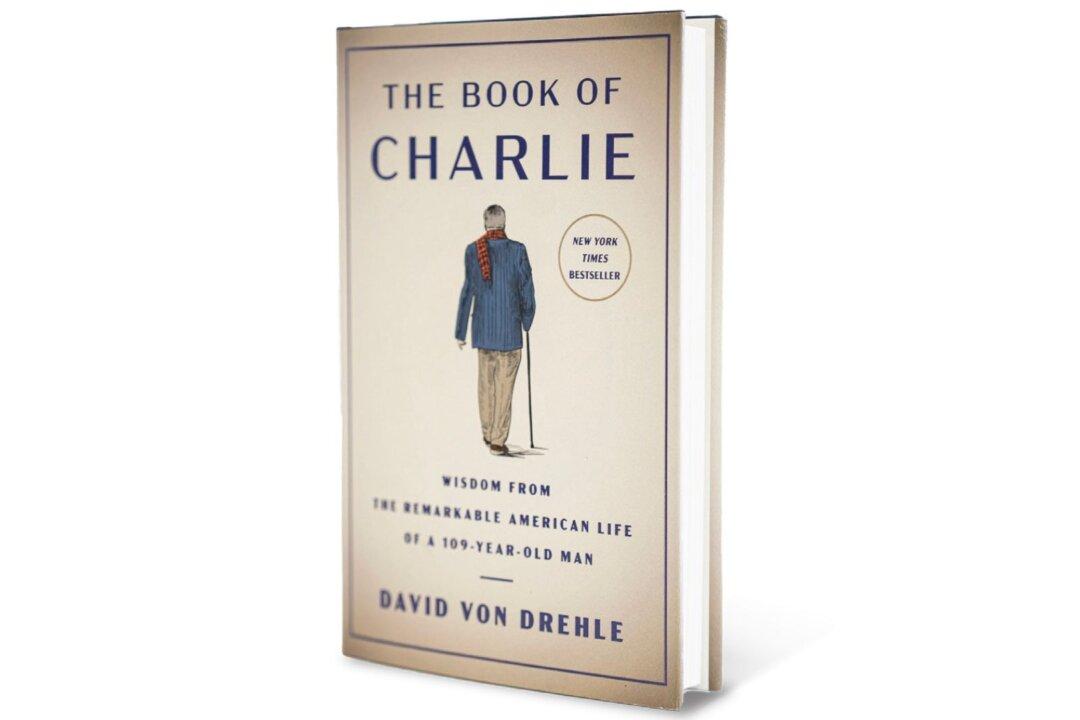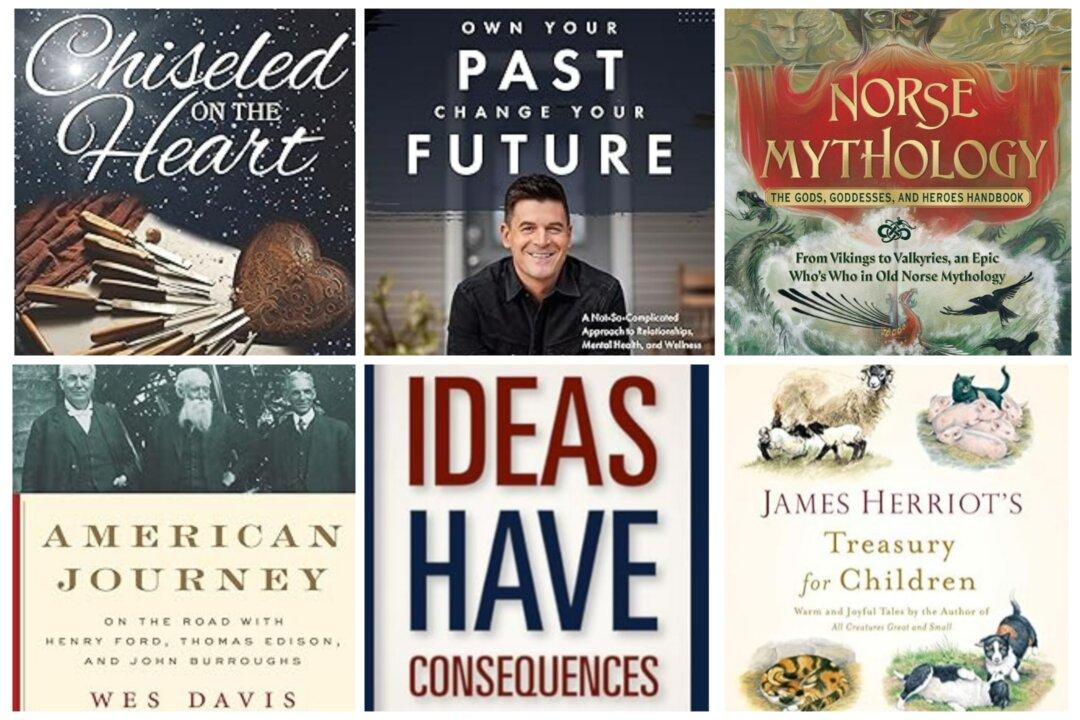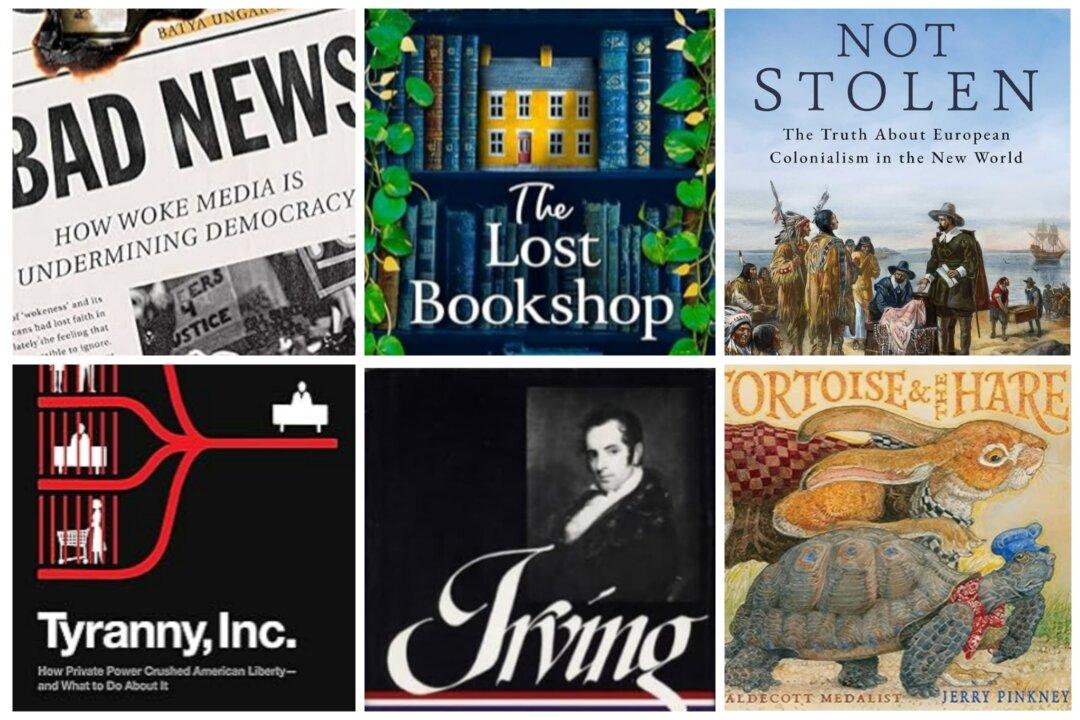Following the death of his mother, Elizabeth II, in September 2022, Charles III became king of the United Kingdom and the 14 other Commonwealth realms. At age 73, he became the oldest person to accede to the British throne, being the longest-serving heir apparent.
England retains its royalty, as do several other countries. As of 2022, there were 43 sovereign states in the world with a monarch as head of state.






